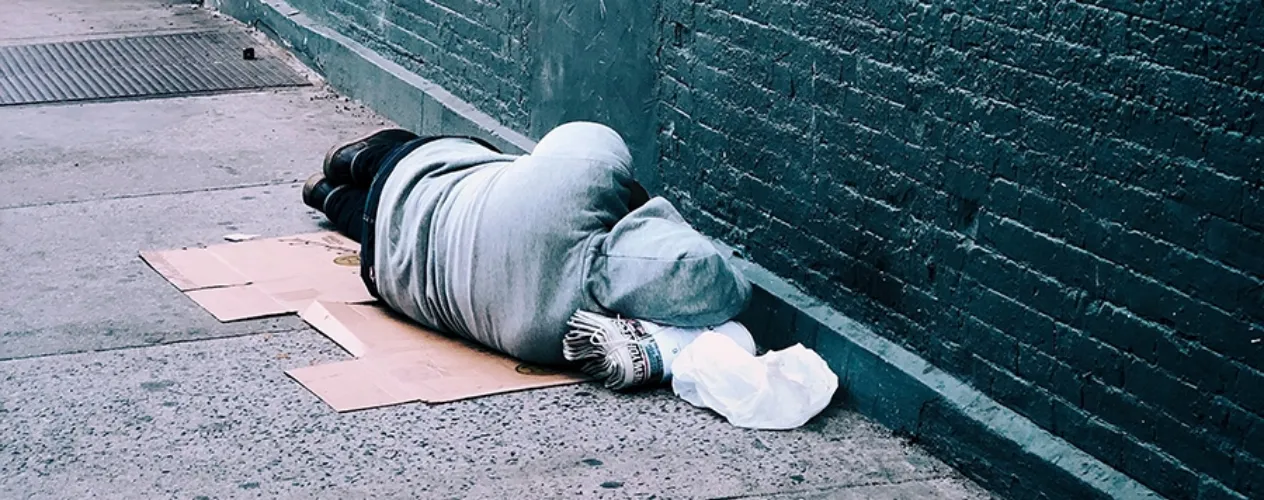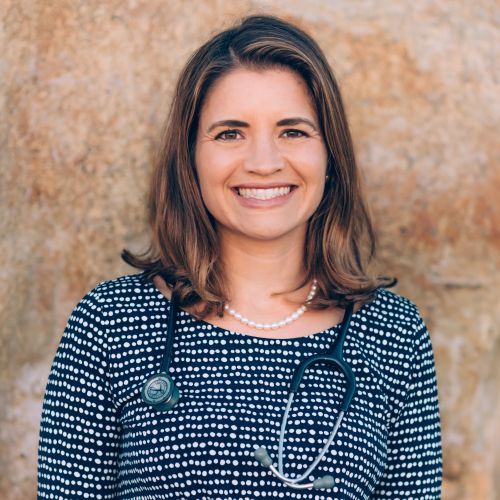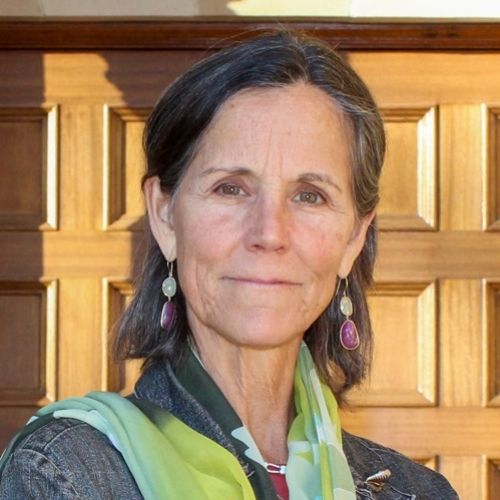Researchers estimate COVID-19 may lead to the hospitalization of more than 21,000 people who are homeless

The coronavirus COVID-19 pandemic is likely to kill more than 3,400 people experiencing homelessness across the United States, according to new estimates from researchers at UCLA’s Fielding School of Public Health, Boston University, and the University of Pennsylvania.
Further, COVID-19 could be responsible for hospitalization of an estimated 21,295 people who do not currently have housing, or about 4.3% of the nationwide homeless population, the researchers found in a report finalized this week. Of those likely to be hospitalized nationwide, nearly 7,200 or more may require critical care.
In California, those numbers could reach as many as 1,200 deaths (including 400 in Los Angeles County) and 7,000 hospitalizations (2,600 in Los Angeles County), all at a time when the health care system is already expecting a surge in needs for hospitalization, intensive care unit beds, and staff and supplies because of the pandemic.
“As a humanitarian issue and to protect emergency room resources, it is essential that we do everything we can to help homeless people find safety,” said co-author Randall Kuhn, associate professor of community health sciences at the UCLA Fielding School of Public Health. “To ensure the safety of 60,000 homeless people in Los Angeles County, we need every emergency accommodation resource imaginable: new shelters with sufficient space to keep people safe, hotels for the most vulnerable, safe parking, and any other options. The scale of these efforts will be huge.”
Nationwide, there is an immediate need for 400,000 additional emergency accommodation beds to manage the impact of the coronavirus pandemic on the homeless population, according to the report. The report estimates that the additional capacity needed to mitigate the impacts of COVID-19 will cost $11.5 billion. It includes a county-by-county breakdown of projected regional needs and impacts.
“This is a population that’s advanced in age and already suffering from poor health, including deteriorated immune systems,” said Thomas Byrne, a co-author of the report and an assistant professor at the Boston University School of Social Work. “They are vulnerable and at high risk, but for many, it’s not too late. Policymakers have a moral imperative to act now and save lives.”
Researchers found both U.S. shelter and health systems are not yet equipped to meet the needs of people experiencing homelessness amid the pandemic. Their report includes several urgent recommendations, including procurement of new emergency housing arrangements or reconfiguration of existing shelter facilities to accommodate social distancing, as well as close collaboration among government agencies.
In addition to Kuhn and Byrne, contributors to the report include Dennis Culhane and Dan Treglia of the University of Pennsylvania School of Social Policy & Practice, and Ken Steif of the University of Pennsylvania, Stuart Weitzman School of Design.
The UCLA Fielding School of Public Health, founded in 1961, is dedicated to enhancing the public's health by conducting innovative research, training future leaders and health professionals from diverse backgrounds, translating research into policy and practice, and serving our local communities and the communities of the nation and the world. The school has 690 students from 25 nations engaged in carrying out the vision of building healthy futures in greater Los Angeles, California, the nation and the world.
Faculty Referenced by this Article

Director of Field Studies and Applied Professional Training

Assistant Dean for Research & Adjunct Associate Professor of Community Health Sciences

Professor of Community Health Sciences & Health Policy and Management, and Associate Dean for Research

Robert J. Kim-Farley, MD, MPH, is a Professor-in-Residence with joint appointments in the Departments of Epidemiology and Community Health Sciences










































